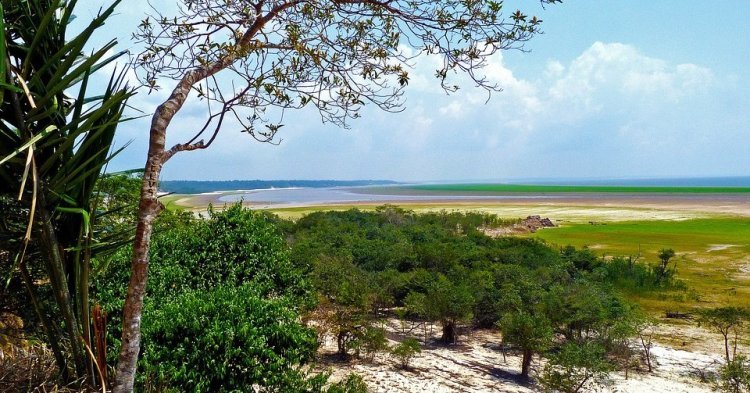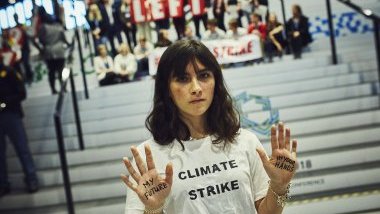Ever since childhood, we have been taught about the importance of environmental protection in school. We drew pictures with slogans such as “Save the Planet”, “Save the Trees”, “Reduce, Reuse and Recycle”. As every action begets a reaction, we have now been presented with the results. We are dealing with the worst environmental catastrophe of all time. Highlighting the importance of the issue are the worrying cases of the US withdrawal from the Paris climate agreement in 2018 as well as the environmental crimes committed by the Brazilian mining company Vale, which has already cost 121 lives.
Brazil’s commitment to the Paris Agreement is equally uncertain. In 2018, current president Jair Bolsonaro defended a possible exit from the accord. In the first month of his term, however, he withdrew that statement and agreed to abide by the agreement – “for now”. The current minister of environment, Ricardo Salles, explained that the emission targets were acceptable but feared that the respective laws may impinge on liberty, enterprise and area management.
According to a UN report on the consequences of climate change, anthropogenic warming will exceed the 1.5-degree mark around 2040 if emissions remain the same as they are now. Fortunately, not everyone despises environmental standards. 16-year-old Swedish activist Greta Thunberg triggered the “Fridays for Future” protests, in which countless school students from different European countries partook in order to change climate policy.
As I write this article, it is 36 degrees Celsius in my Brazilian hometown – although it feels like 42. It is the developed nations that have been primarily responsible for climate change. That is a fact. And even if the protests are happening in just these developed nations, there are also many critiques opposing them. But given the scale of the catastrophe we are facing, why isn’t everyone protesting?
One sensitive factor potentially providing an explanation, especially for developing and emerging economies, is the following: According to a report that was published in the Asia-Pacific Development Journal, a large percentage of the population in emerging economies depends on industries that are damaging for the climate; and there is little room for improvement. In order to accelerate economic growth and decrease poverty, developing nations have to industrialise. Doing so increases greenhouse gas emissions, which in turn contributes significantly to climate change. We should thus provide developing and emerging economies with options to combat poverty without increasing emissions.
Brazilian environmental policy started developing after the 1930s and is mainly owed to pressure by international organisations like the World Bank, the UN, and ecological movements. However, an article by the University of Espírito Santo revealed the country’s lengthy implementation process with regard to environmental policy, which may had been formalised until 1989 but was not really fully in place. Environmental permits were effectively regulated on the national level only towards the end of the 1990s, and the law covering environmental crimes was not passed until 1998.
Brazil tops the Global Witness report – owed to with the highest number of deaths among environmental activists. In 2017, there were 57 deaths. Some proponents left their mark on history, becoming symbols of resistance: Chico Mendes (1944-1988) who organised a movement to create awareness for the importance of the survival of forests, or Maria do Socorro Silva who fights against large aluminium refineries. NGOs – such as AIESEC, WWF Brazil, CI-Brazil and FBDS – stand up for environmental protection and are working on projects that are based on the UN development goals. The more awareness there is that this is not only a preventive campaign but one to rescue the planet, the more efficient this fight will be.



Follow the comments: |
|
